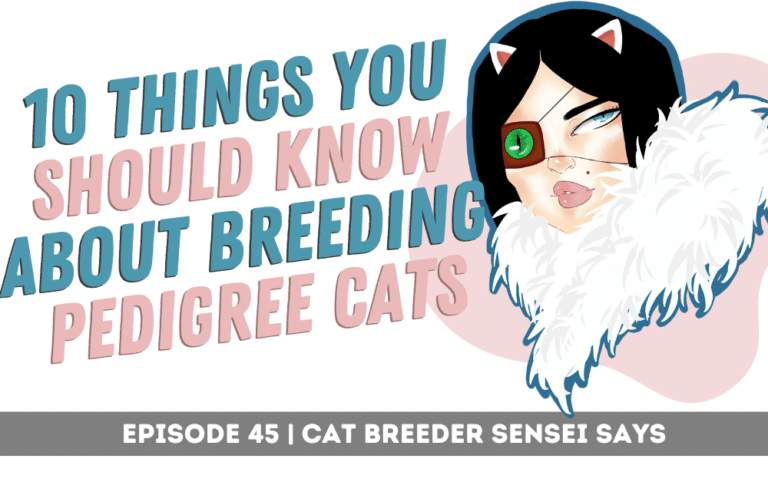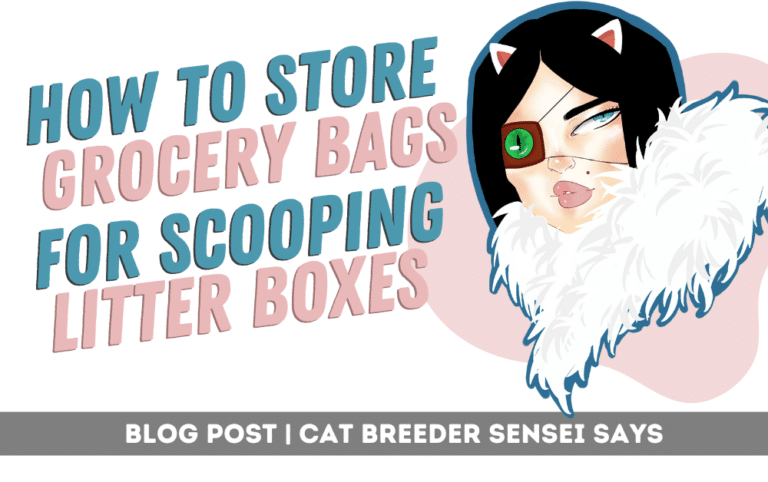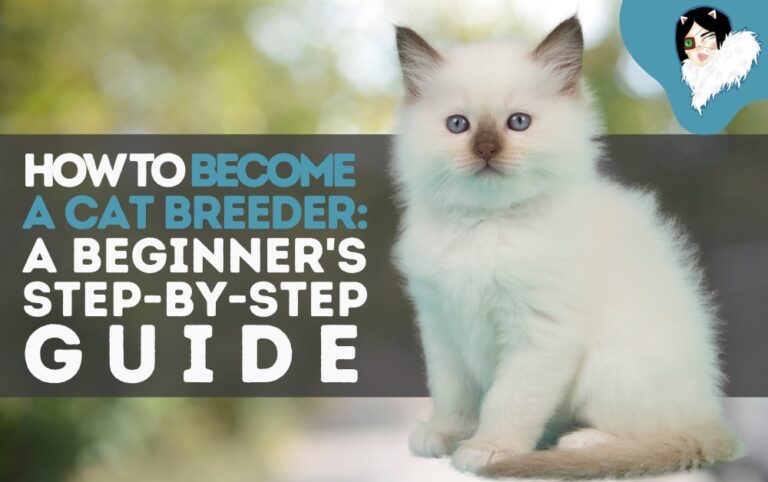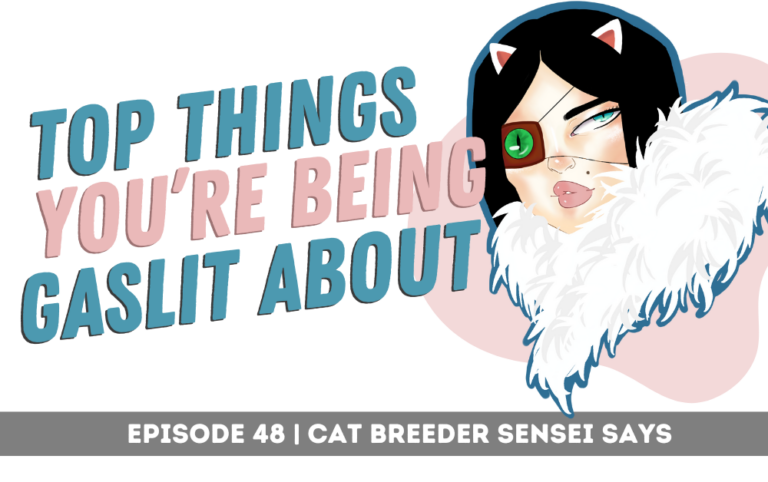The Ultimate Guide to Selecting a Kitten for Breeding
Welcome to the ultimate guide to selecting a kitten for breeding! If you’re considering breeding cats, it’s essential to choose the right kitten for your program. Breeding kittens requires careful consideration of various factors, including pedigree, health, personality, and the reputation of the cat breeder.
In this comprehensive guide, you’ll learn about selecting a breeding kitten, so you can make an informed decision and set yourself up for success in your breeding endeavors. Let’s dive in!
Should I Get a Male or a Female First?
Some breeders will say to get a Stud boy first, while some will say to get a girl first. I don’t know if there’s technically a right or wrong answer, but I can share my experience with you which might help you decide. Remember, I’m no expert but I can take you through a vault of emotions that drives me to write this post.
When I decided to start my journey as Maine Coon breeder, I bought a girl first. NOT THE BEST IDEA. In just a short time, she was having regular heat cycles and I found myself in a panic! Scrambling to try to find a male for her, I was even asking random strangers if they would let me use their male. LOL As you can imagine, that didn’t go over well.
I’ve since learned that pyometra shouldn’t scare everyone out of their pants. The main cause of pyo is from the ecoli bacteria , not “3” repeated heat cycles.
Listen to this podcast episode to discover what I did to solve the problem I had of not having a boy, and how you can prevent yourself from getting caught with your pants down.
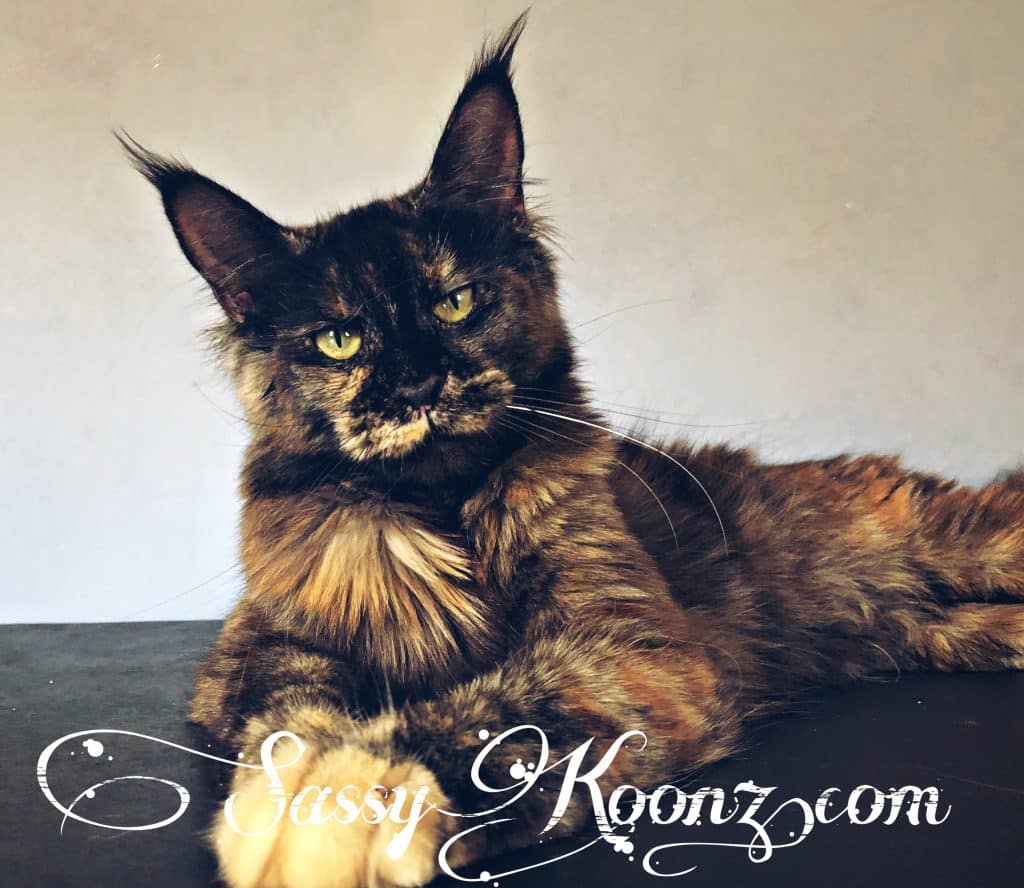
How to Screen a Breeder When Buying a Kitten with Rights
One of the first things new breeders want to do is run out and buy their new kittens. You need to have some guidelines on how to vet a breeder when buying your kitten. Why would you want to do that, you ask? If you don’t know and approve of the breeder personally, then you could find yourself spending money on kittens that can’t be used in your breeding program.
Episode 6 offers a recommended checklist (See Show Notes to Download the Checklist) for your to use when vetting a breeder that you’re considering buying a kitten from.
Show Notes
Resource Mentioned in this Episode : Checklist to Use When Buying a Kitten
One of your responsibilities as a reputable breeder is to select kittens for your cattery that meet the three main goals; Health, Temperament, and Type. Unfortunately, it’s hard to determine if your kitten will meet these standards until you get them and they’ve had time to mature. By pre-screening every potential kitten that comes into your cattery, you’ll have a better chance at success. Part of your pre-screening process should be DNA testing the new kitten you want to breed.
How to Make Importing a Cat Simple
If you’re new to breeding Pedigree Cats, you’ve probably determined that it’s rather challenging to find a breeder in the United States that will sell you a kitten for breeding. It appears that this phenomenon is changing, and the future seems to look more promising when it comes to acquiring our cats in the United States. Until then, you may find yourself researching facts about importing a cat.
Importing a cat from Europe into the United States can be a complex process, but with the right information and preparation, it can be done successfully.
Once you have determined the requirements for importing a cat from Europe into the United States, you will need to make sure that your cat is healthy and ready for travel. You’ll need a Passport for the cat, which has the health history and vaccinations documented.
Once your cat arrives in the United States, it will be inspected by a USDA official to ensure that it meets all of the import requirements. If everything is in order, your cat will be cleared for entry into the country.
Do I Need to Hire a Broker?
It is not always necessary to use a broker when importing a Pedigree cat from Europe into the United States, but it may make the process easier. A licensed broker who specializes in animals can help you navigate the requirements and paperwork for importing a cat into the United States.
However, if you are confident in your ability to handle the import process on your own, you can do it without a broker. In either case, you will need to comply with the United States Department of Agriculture (USDA) requirements for importing animals into the country. These requirements vary depending on the country of origin, so it’s important to check the specific requirements for importing a cat from Europe into the USA.
Additionally, check with the local jurisdiction where the cat will be entering the country. There could be specific rules about hiring a broker. Sometimes the amount that you paid for the cat is a factor. You can contact your customs office to find out their requirements.
Hong Long is the Flight from Russia to the United States?
The average flight time from Moscow, Russia to the United States is about 11 hours and 30 minutes. That, of course, is assuming no layovers or flight changes. To make it in that amount of time, the plane must be traveling at 500 miles per hour – since the distance is about 5,500 miles.
Couriers are also a big part of the process when importing. The video that is posted above has some tips for choosing different types of couriers for your cat.
Doing your research about the breeder and the rules of traveling will save your a lot of headaches. There are plenty of things that can go wrong, but if you know what to ask, then you’re better equipped to make a decision.
Realistic Expectations When Importing
What Can Go Wrong When Importing a Kitten?

Knowing a breeder personally is the ideal place to get your breeding kittens . Importing seems to be the next best way until you’re able to start keeping your own. However, we don’t know who is REALLY behind the computer screen. It’s a big world out there. Be careful and make good choices. ALWAYS LISTEN TO YOUR GUT.
There are certainly many scenarios that can happen when you’re getting a kitten. It doesn’t always turn out to be the most pleasant experience of your lifetime.
Here are some to name a few:
- The kitten is sick when it arrives
- You discover that the kitten has a congenital defect shortly after it arrives
- You send money for the kitten, but never receive it
- The kitten has a bad temperament or hasn’t been properly socialized
- The kitten is mishandled during transport
- You’ve been given false or misleading information about the kitten
It’s always better to be proactive when it comes to selecting a breeder to buy a kitten from. Do your due diligence and don’t be in a hurry to buy the first pretty kitten that you see.

Get the Training and Support That You Need
When you become a member today, you’ll have instant access to a personal mentor who will be there for you and give you the answers you need.
Not only this, you’ll also get access to:
- Training Courses about Breeding Cats and Marketing Your Cattery
- Digital Resources and Tools
- Invite Only to our Discord
- Exclusive Deals on SpaySecure and Sensei Store
- Monthly “Members Only” Training Calls
Important Factors to Consider
A lot of data is collected before a decision is made on which kitten to buy. While some breeders may choose a kitten based on their pretty looks, that’s not always the best choice. Do some background research that will help you make the best overall decision.
Health Records for the Cat
Breeding kittens should be free from genetic diseases, defects, and health issues to produce healthy offspring. Assessing the health of potential breeding kittens involves various factors, including genetic testing, indications of good health, and essential health examinations.
It’s very challenging to find the health history of cats in a Pedigree. Requesting vet records on breeding cats should be normal practice. If the breeder declines the request, then perhaps that’s a red flag. We haven’t made it that far yet. LOL But wouldn’t that be nice?
What we can do is check PawPeds for any health records that have been uploaded in the Pedigrees. Some breeders participate in the health program and work toward improving the health of their breed. This works by sending in very specific health testing results to PawPads and have them attached to the cat’s Pedigree. This information is public. Not many breeders participate in this, so the information is limited.

When researching your Pedigrees on PawPeds, look for a little icon that looks like a clipboard. When you click on the icon, the health record will come up.
See the screenshot below. The result is from the cat Tojo Polaris Jim Morrison. Once you click on the clipboard, the results for an HCM DNA test for a Maine Coon is showing . As of July 2018, the tests were negative for HCM. DNA on a cat never changes, so this is good information to put on record.
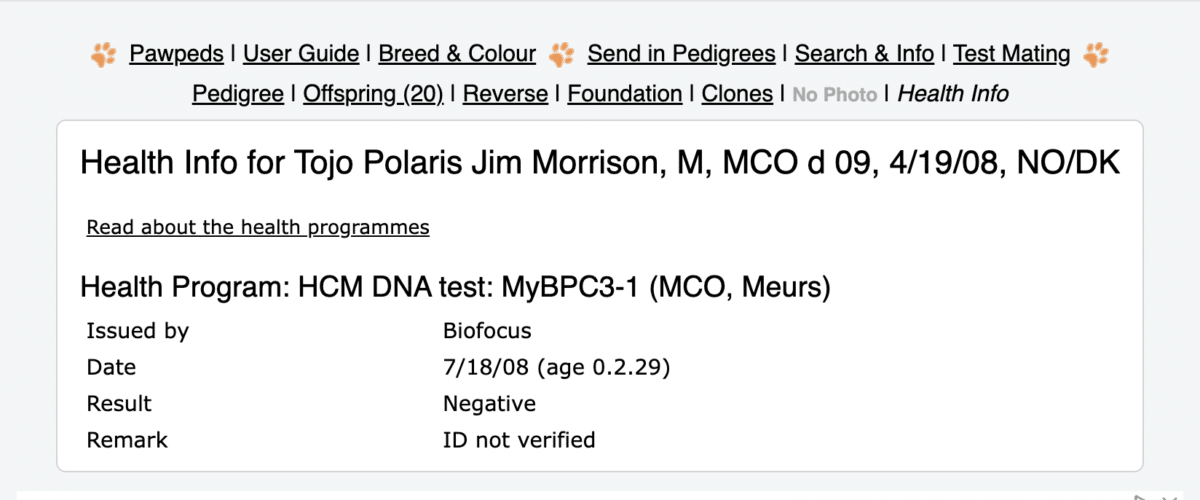
Depending on the breed, there are several diseases that can be attached to a PawPeds pedigree. You can read more about their health programs on their website.
Genetic Diversity
Evaluate the genetic diversity within the pedigree to maintain a healthy breeding population. A diverse gene pool reduces the likelihood of hereditary disorders and strengthens the overall vitality of the breed.
There’s different opinions on what the inbreeding coefficiency of your breeding cats should be. These opinions vary by breed, country, cattery goals and individuals cat breeders. Some breeders limit their complete inbreeding COI to 3%, while others may have a limit of 16%. It’s essential for you to learn how inbreeding affects the health and diversity of your kittens and make decisions based on that.

The best and easiest way to determine inbreeding percentages is by using PawPeds. If the Pedigrees have been uploaded, you can research the COI on single cats. You can also do test matings to determine if a particular cat is a good mating match for one of your cats.
There’s an entire lesson on a reading pedigrees and Inbreeding coefficiencies in the Complete Guide to Breeding Pedigree Cats (Online Course). This is available when you become a member of Sensei Collective.
Indications of a Happy and Healthy Kitten
When evaluating a potential breeding kitten, several indications can point to good health. A litter of kittens should display good health, vitality, and a normal gestation period. They should have proper weight gain, good muscle tone, and clean, clear eyes. Additionally, they should be active, curious, and playful, exhibiting normal kitten behavior.
In today’s world, importing cats is quite common and we’re typically choosing kittens for our breeding program from photos and videos alone. Unfortunately, this doesn’t always tell the whole story about a kitten. If you’re able to choose a kitten in person, then opt for that. Otherwise, get photos and videos from the breeder at multiple points in the kitten’s life (before its ready to go home).
Ask the breeder to send a video of them handling the kitten, so you can see a glimpse of its temperament. Also ask to see the nursery where the kitten is growing up. Talk to the breeder about how much time is spent with the babies and what their exposed to (children, dogs, other cats, loud noises, etc) from birth to 12 weeks.
The Role of Genetic Testing in Kitten Health
It’s important to also consider common health issues in specific breeds. For example, certain cat breeds, such as Persians, may be prone to hip dysplasia. By understanding breed-specific health issues, breeders can make informed decisions and take necessary precautions to ensure breeding kittens are healthy.
Genetic testing via DNA involves screening breeding cats for genetic diseases that may be present within their breed. By understanding the genetic health of the breeding cats, breeders can minimize the risk of passing on genetic diseases to future generations of kittens.
NOTE: Trust but verify your DNA test results. Some companies are known for providing inaccurate data when it comes to breed identifiers and other various traits.
Just a note, genetic testing does not determine a cat to be “healthy”. It only identifies if a cat carries certain physical traits, and carriers for genes for diseases. Even if your cat is clear of all disease markers, the cat can still develop one of these diseases. Also, there’s numerous other genetic health issues that a cat have that can’t be identified on a DNA test.
Championship Titles
Check if any cats in the pedigree have achieved championship titles or awards in cat shows. This can indicate desirable traits such as conformation, temperament, and breed standards.
You can easily check for titles in the Pedigree by looking for Championship Prefixes before their name.
- CH: Champion Title
- IC: international Champion
- GRC or GCH: Grand Champion
- DGC: Double Grand Champion
- TGC: Triple Grand Champion
- SGC: Supreme Grand Champion
- GIC: Grand International Champion
Special Consideration to the OD (outstanding Dam) and OS (Outstanding Sire) titles, which means that the cats have produced at least five Grand Champions.
Breeding Goals
Pedigree cats are bred to meet specific breed standards, which outline the ideal characteristics and appearances for each breed. By selecting breeding kittens with a strong pedigree, breeders can work towards producing kittens that meet these standards, ensuring the continuation of breed-specific traits and qualities.
The goals of your cattery should always be of utmost importance when making selections. Choosing cats with a history of the “type” that matches your goals will make your future easier. When reviewing a Pedigree, you can do a Google Search of the cats that are part of the lineage. Sometimes, but not always, you can find a photo of the cat.
From this information, you can start to build a portfolio and take notice of the similar traits that the cats in this particular Pedigree have. Just because a kitten has a Pedigree doesn’t mean that they’re meeting the standards of the breed established by the associations.
Are you finding this information useful? Here are the Top 10 Things You Should Know as a Cat breeder.
The Age Factor in Choosing a Breeding Kitten
The age of a kitten is an important consideration when selecting a kitten for your breeding program. Kittens change and develop substantially in the first year of life. It’s recommended not to choose a high quality kitten for your breeding program before the age of 8 or 9 weeks old. At this age they start to take shape, develop individual personalities and start to show physical traits that you may or may not be looking for. Jut remember that even if they look great at 8 weeks old, they could still change and develop an undesirable trait.
Ideally, you’ll be choosing kittens around the age of 5 to 6 months old. More times than not, a breeder won’t hold on to a kitten for that long unless they’re considering keeping it for themselves.
Reproductive History
If a certain cat has produced offspring AND that cats’ pedigree has been added to the PawPeds Database, then you can trace that information. Typically, only cats that are used for breeding are added to Pawpeds. So the offspring that is linked to a cat is most likely going to be those that have went on to be breeding animals in a cattery. You can research individual cats in a Pedigree to discover Champions, health history, etc.

Review the reproductive history of the cats in the pedigree to ensure fertility and successful breeding outcomes. This information is limited, but you can do a bit of research again using PawPeds database.
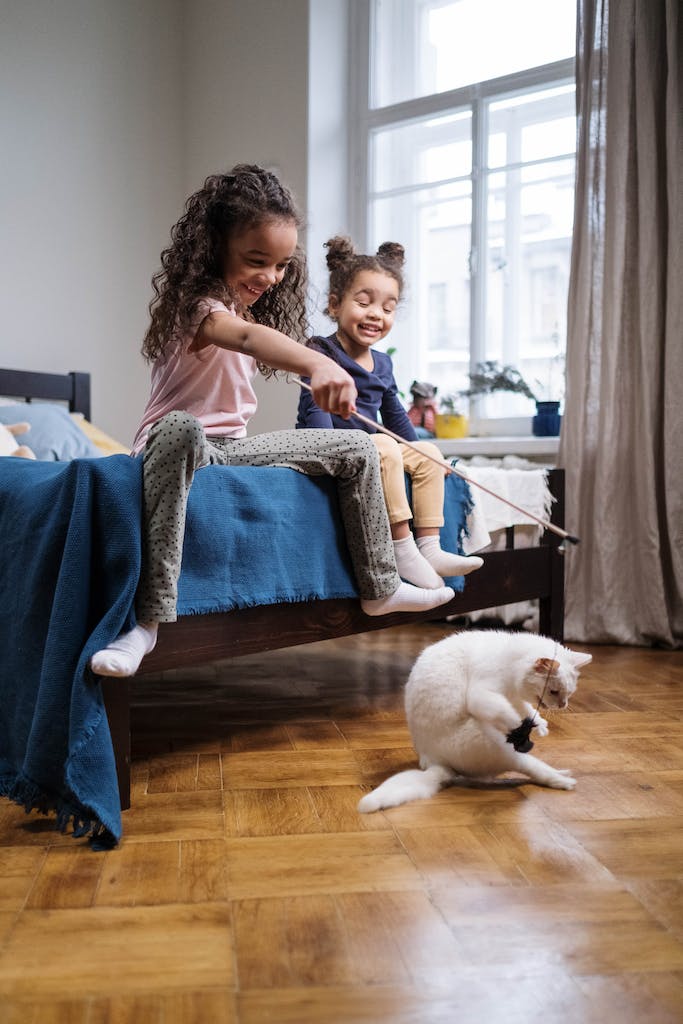
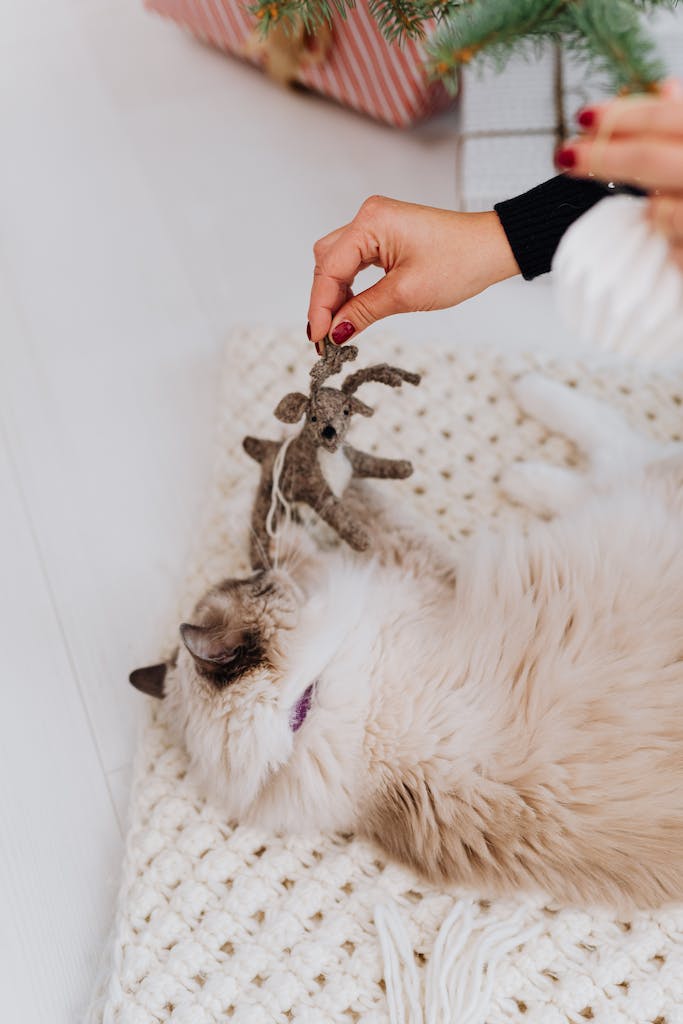
The Significance of the Cat Breeder in Your Selection Process
When it comes to selecting a breeding kitten, the breeder plays a significant role. Choosing a reputable breeder is crucial to ensuring that you are getting a healthy, well-cared-for kitten. A good breeder will have an excellent reputation, prioritize the health and well-being of their cats, and adhere to ethical breeding practices.
A good practice is to build relationships with several breeders that you share the same goals with. Building a friendship will allow yo both to trade kittens, discuss cattery issues, and bounce ideas off of. There will be times when you need someone to talk to, so having a small network of breeders is awesome.
Identifying Reliable Cat Breeders
Identifying reliable cat breeders is essential in selecting a breeding kitten of good quality. Here are some tips to help you find reputable breeders:
Research Catteries
Do your homework and research catteries in your area or breed of interest. Look for breeders with good reputations, positive reviews, and happy, healthy cats.
Are you in the cattery design phase? Research how to create your own custom cattery.
Breeding Practices:
Reputable breeders adhere to ethical breeding practices, prioritize genetic testing, health screenings, and socialization.
Tour the Cattery:
Arrange a visit or a virtual tour to the breeder’s cattery, if possible. This will allow you to assess the living conditions of the cats, their health, and temperament. A good breeder will be open to showing you their facilities and answering any questions you may have.
Social Media Presence:
Many reputable breeders have a social media presence, allowing you to learn more about them, their cats, and their breeding practices. Visit their social media pages, read reviews, and engage with them to get a sense of their commitment to their cats breeding philosophies.
By identifying reliable cat breeders, you can ensure that your breeding kitten comes from a breeder who values the health, temperament, and overall well-being of their cats.
Red Flags to Watch Out for When Choosing a Breeder
Withheld Information:
You’ll want to work with a breeder who is transparent and open about the health, pedigree, and genetic history of their cats. If a breeder is reluctant to share such information, it’s a red flag that they may have something to hide. MOVE ON.
Dirty Environments:
Feline husbandry is a big part of owning a cattery. Cleaning and disinfecting plays a role in keeping parasites and bacteria at bay. When looking at photos of kittens, pay attention to the backgrounds, the cleanliness of the environment, the condition of the kitten, dirty litter boxes. If someone is willing to send you a photo that shows a filthy space you can imagine what the whole cattery looks like.
Too Many Cats
How many cats it too many? That is certainly a matter of opinion. But when it comes to raising cats and kittens, and maintaining a level of cleanliness and professionalism, theres only so much that one person can do. If you’re working with a larger breeder, make sure the cats are taken care of, healthy, and that the kittens are getting the human socialization that they need.
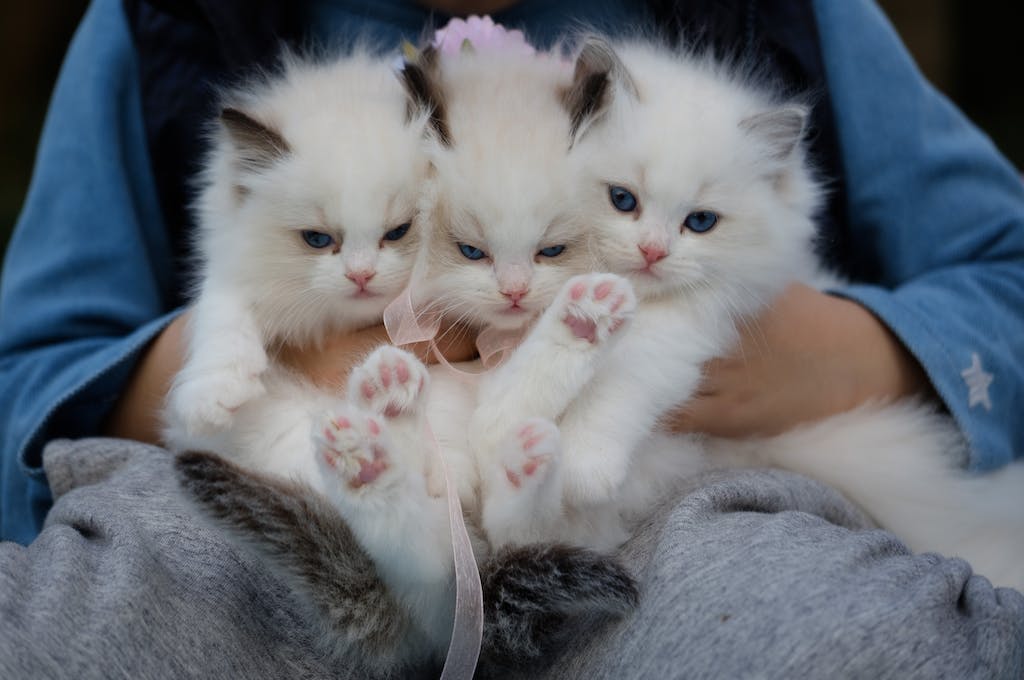
It’s OK To Walk Away
When it comes to selecting a breeding kitten, it’s important to be prepared to walk away if something doesn’t feel right. You should be 100% confident in your choice of a kitten. Otherwise, continue your search until you’ve found the perfect one.
A good breeder will answer your questions, provide health records, and make you feel comfortable and confident in your decision. Always listen to your gut. Your cattery is a business that you should be proud of!

Get the Training and Support That You Need
When you become a member today, you’ll have instant access to a personal mentor who will be there for you and give you the answers you need.
Not only this, you’ll also get access to:
- Training Courses about Breeding Cats and Marketing Your Cattery
- Digital Resources and Tools
- Invite Only to our Discord
- Exclusive Deals on SpaySecure and Sensei Store
- Monthly “Members Only” Training Calls
How many cats is too many? That is a question we’ve probably all asked ourselves at some point. As breeders, we have different perspectives on this topic as a non-breeders might. In order to run a successful cattery, we do need several cats. part of our role is to maintain a clean and stress-free environment for our breeding cats. But what about the pet owners? Should there be a limit on the number of kitties that they have?
This podcast episode will explore this idea. It’s not an attack on one person, breeder or pet owner. Rather a look into the world of pet owners that have “too many” cats coming from the opinion of one person. The objective of this episode is to help you realize that there might be a number of cats for YOU that is too many.
Rules About How Many Cats You Can Have
In some states, there are rules about how many animals/pets a household can own. While there isn’t much evidence that these guidelines are enforced, perhaps the laws are written in the event action needs to be taken with an animal hoarder. That person is in a class by itself. The episode explains what defines a cat hoarder but this isn’t in regards to breeders. This is referring to owners of cats and the number that they own as pets.
If you’re unsure, check with the laws in your county to see if any limits are applied to pets. There are also some regulations when it comes to the number of cats a breeder can have. Check some of the breeding laws. NOTE: Your state may have laws, even if it’s not listed on this website.
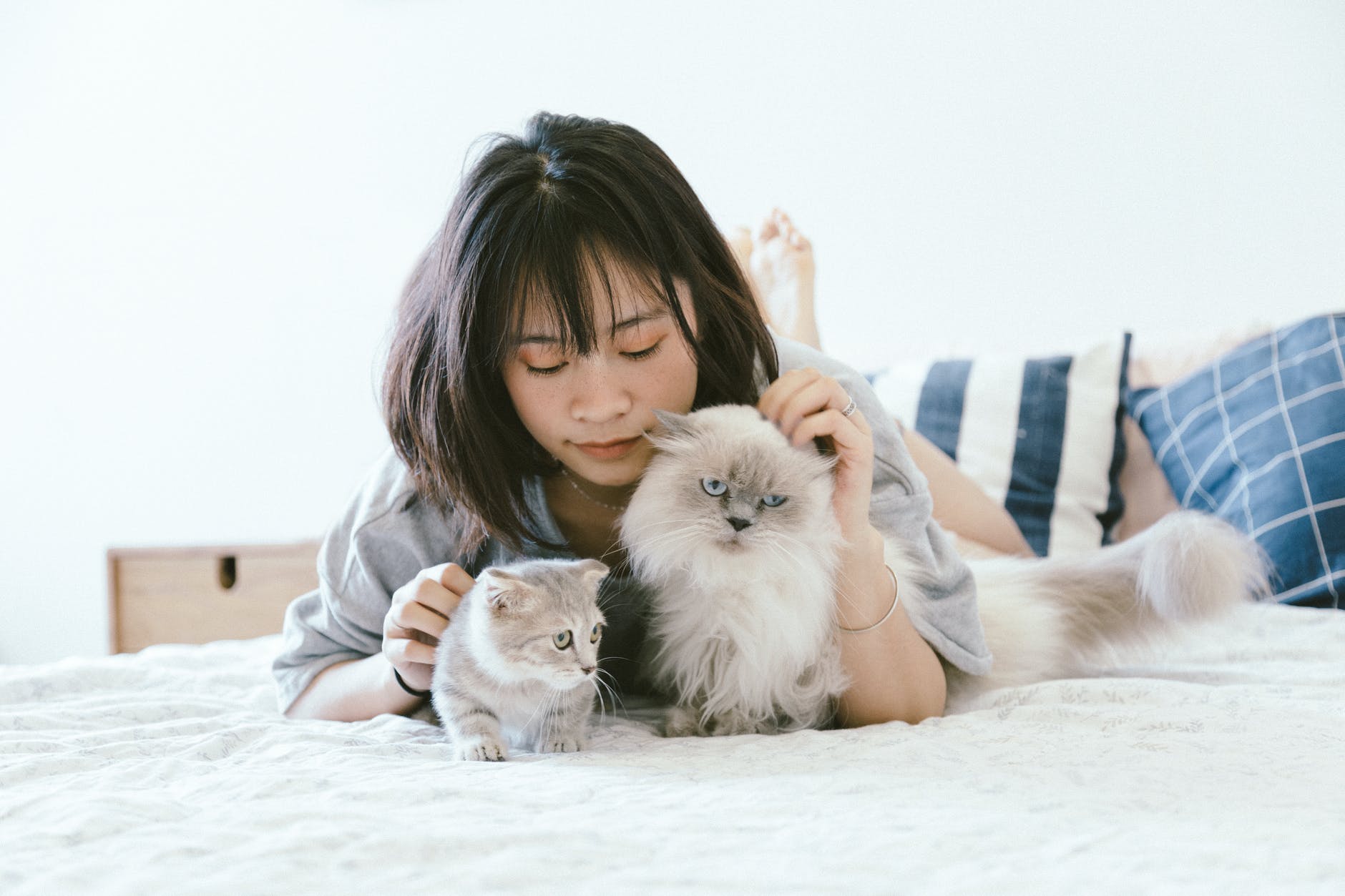
The Average Household Owns 1.8 cats
After listening to the Episode, make a comment below about how many cats you think is too many (if any) for a pet owner to have? We’d love to hear your opinion on this .


